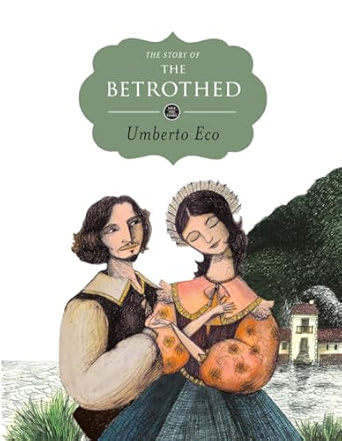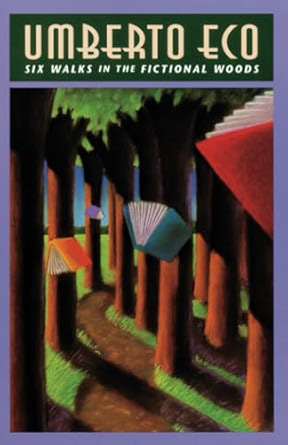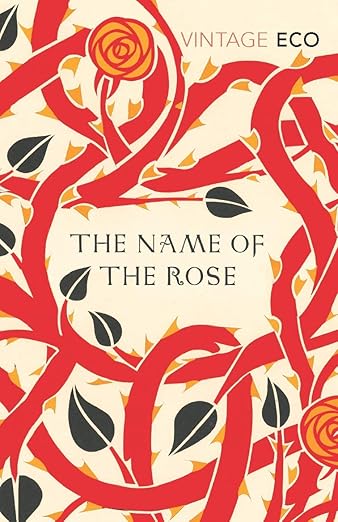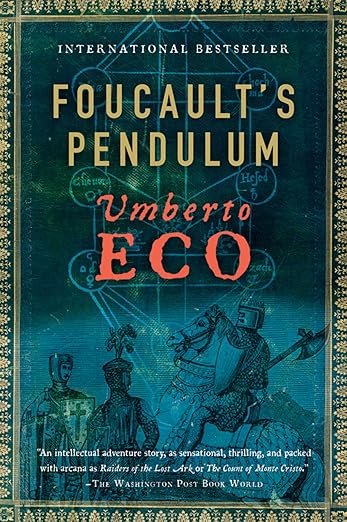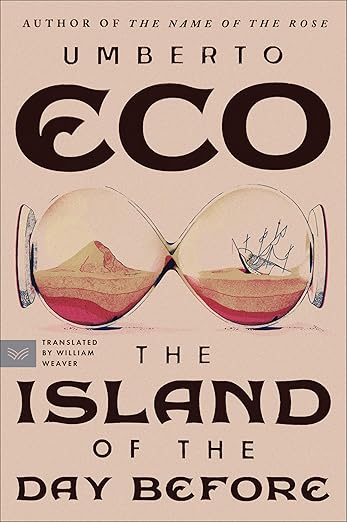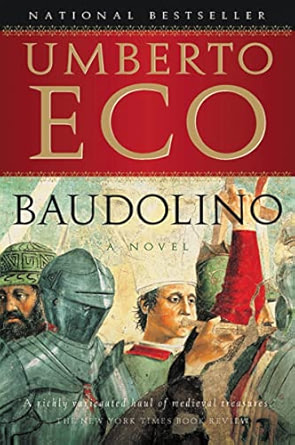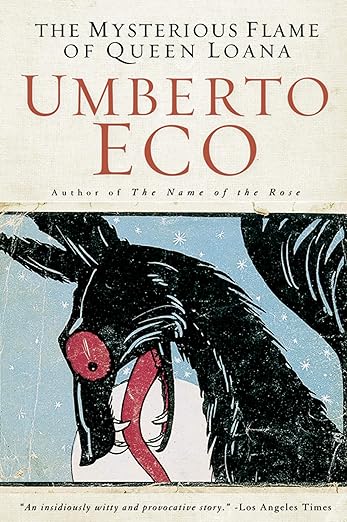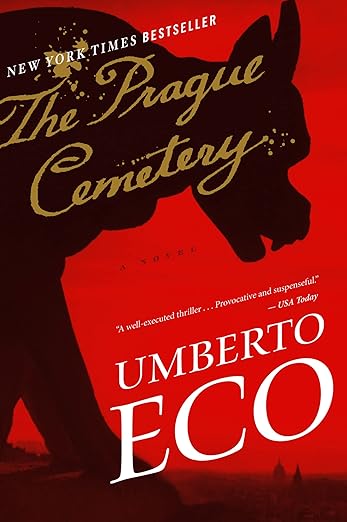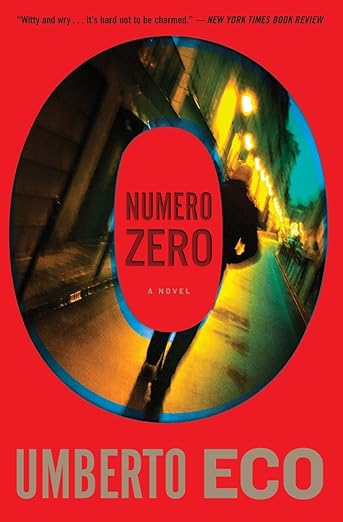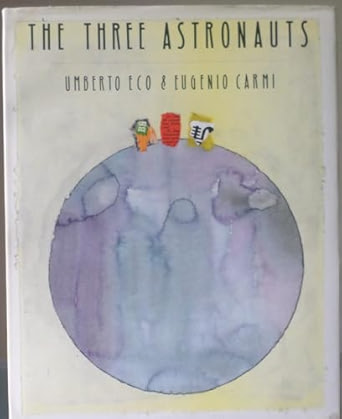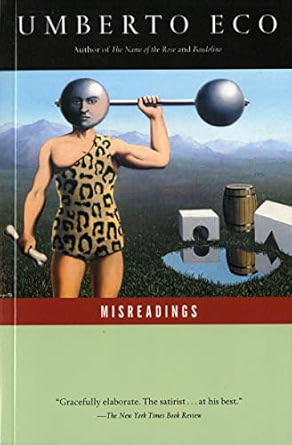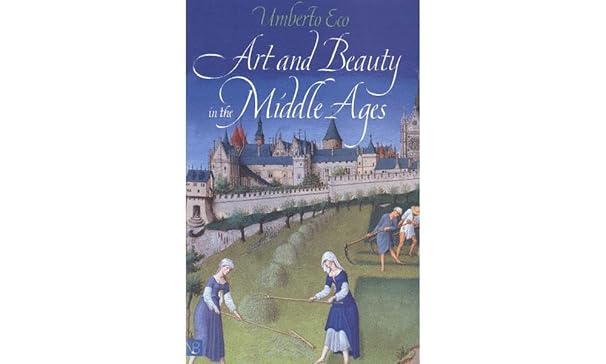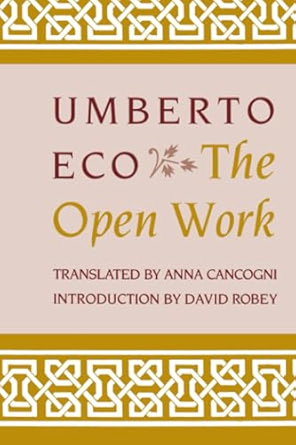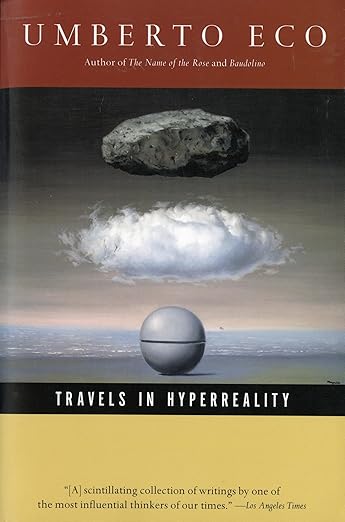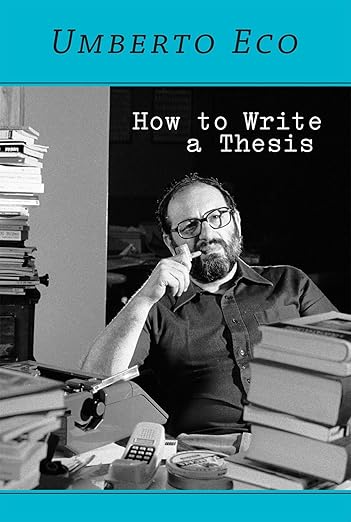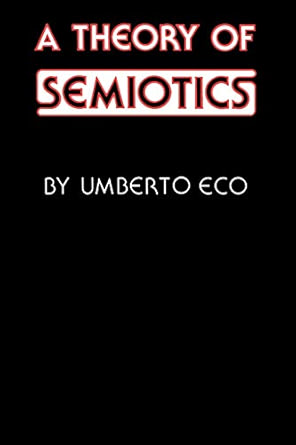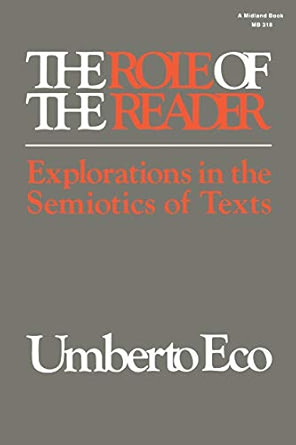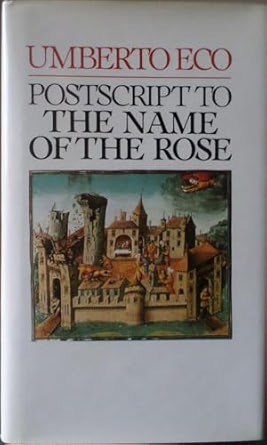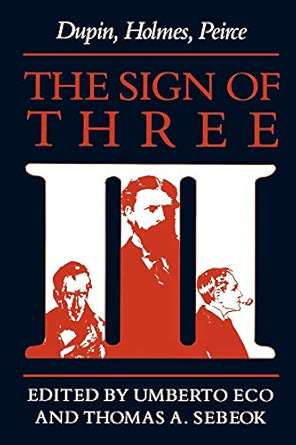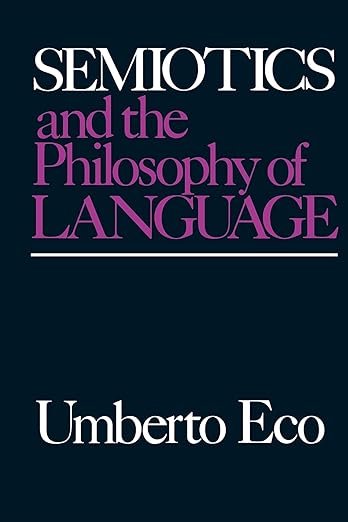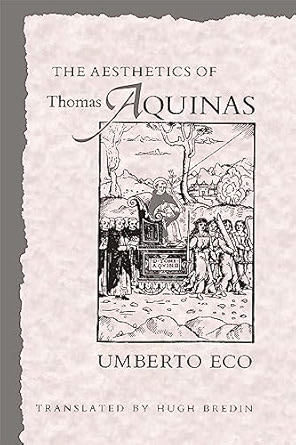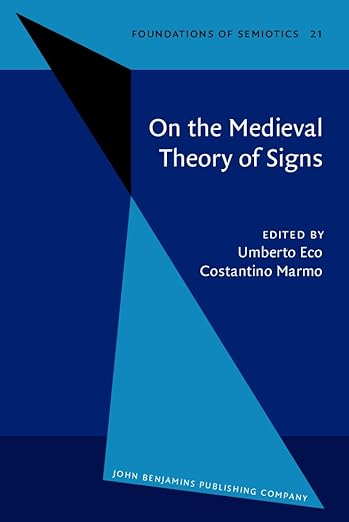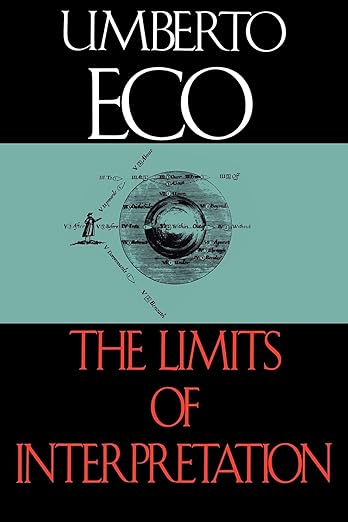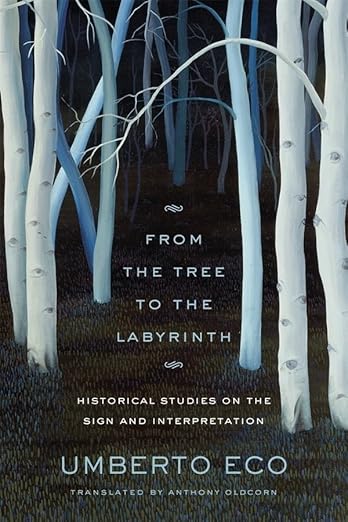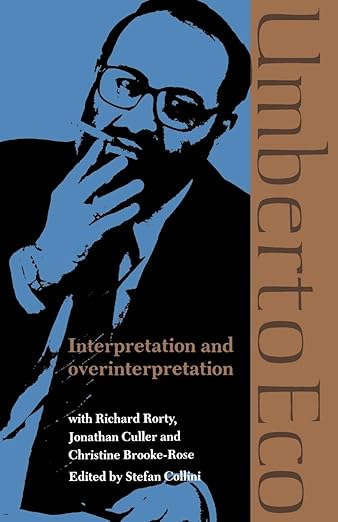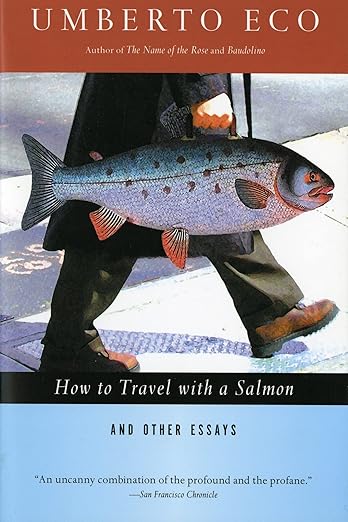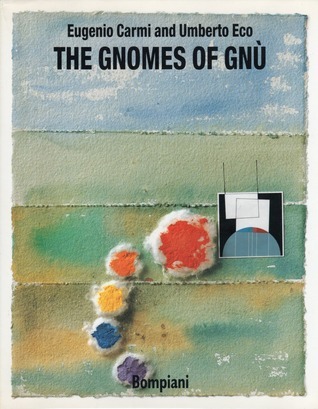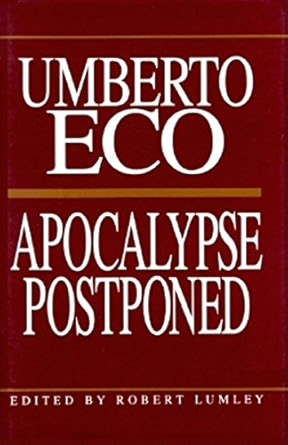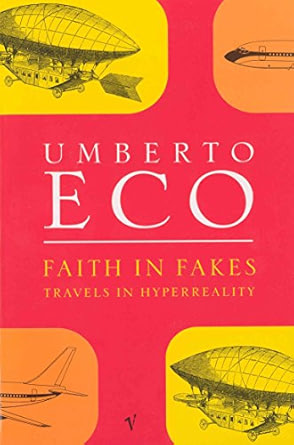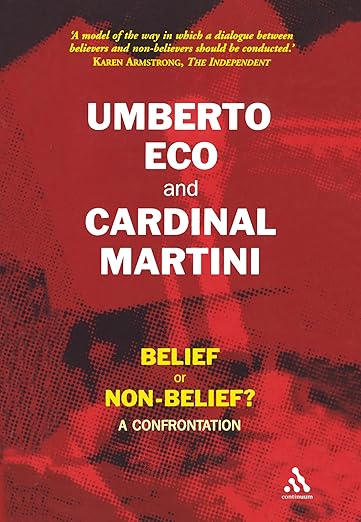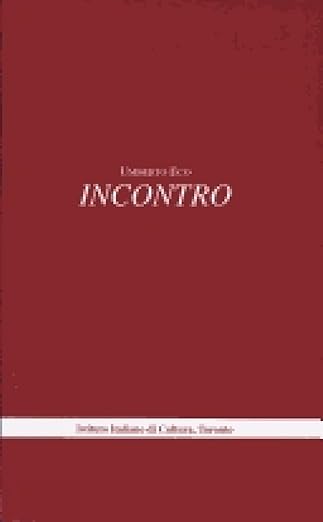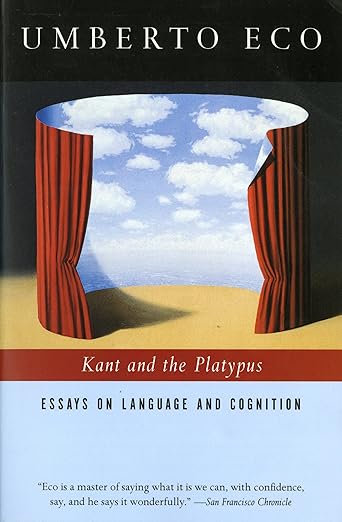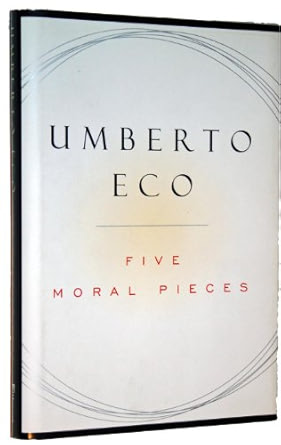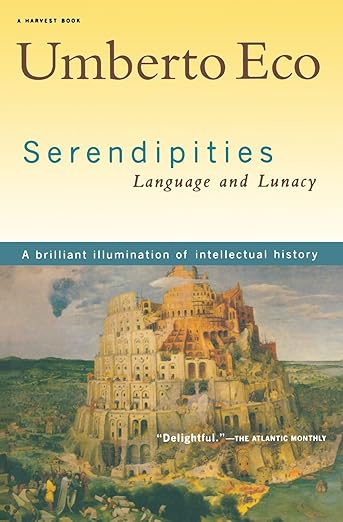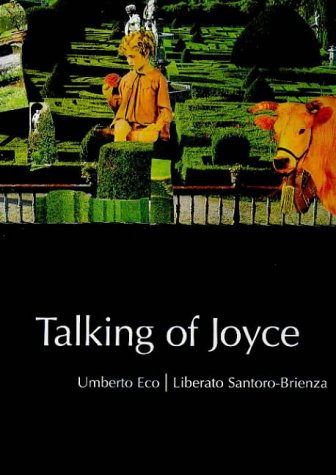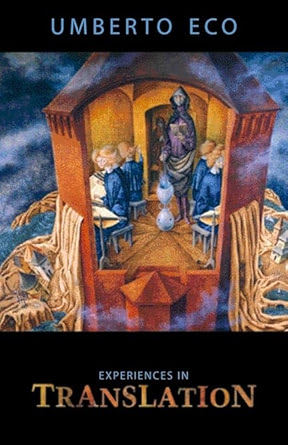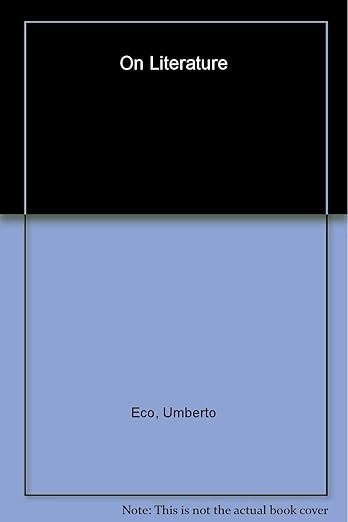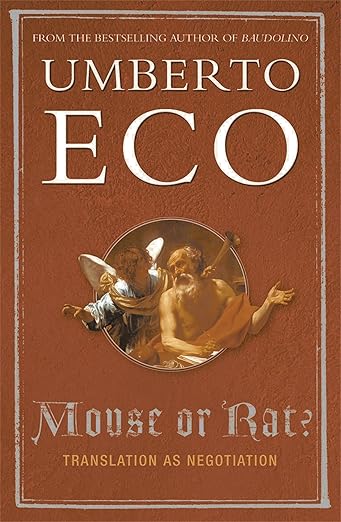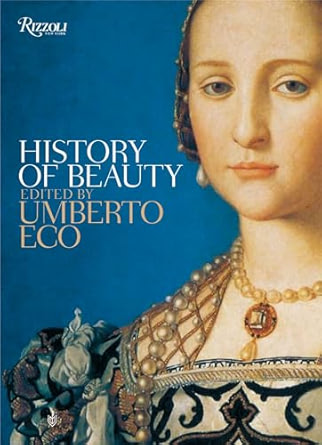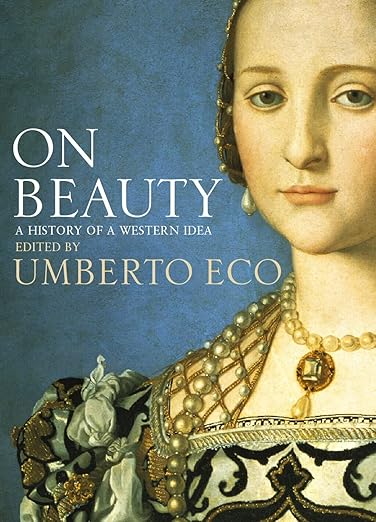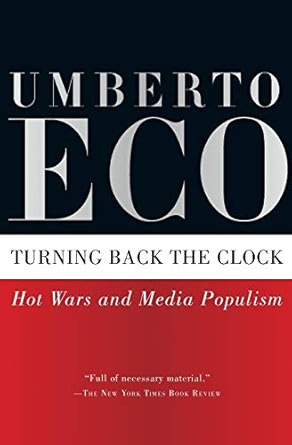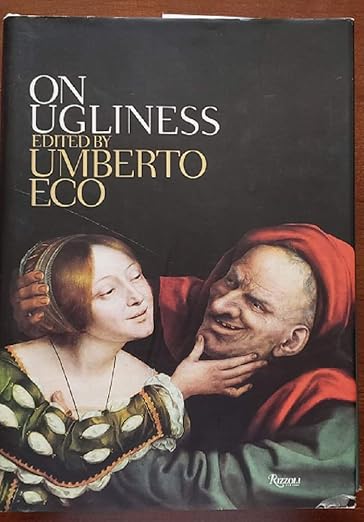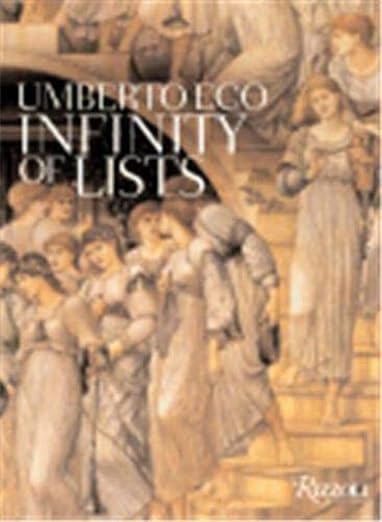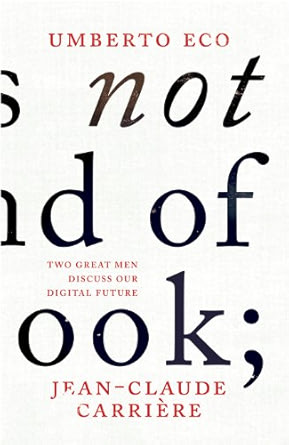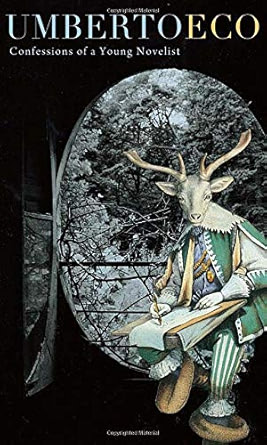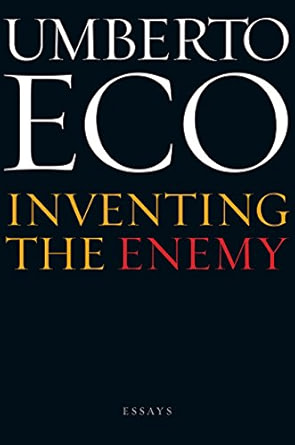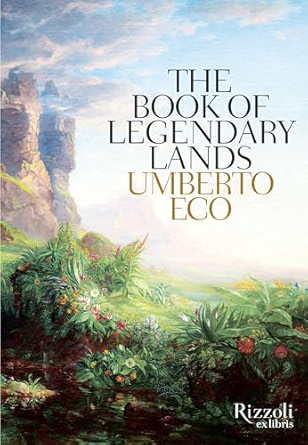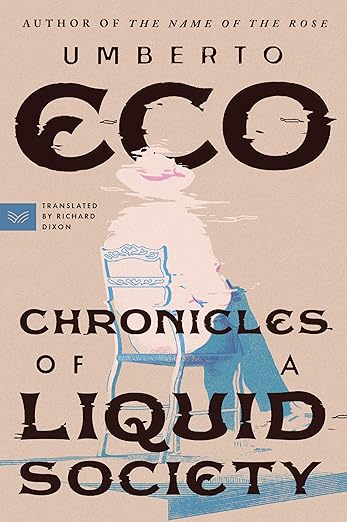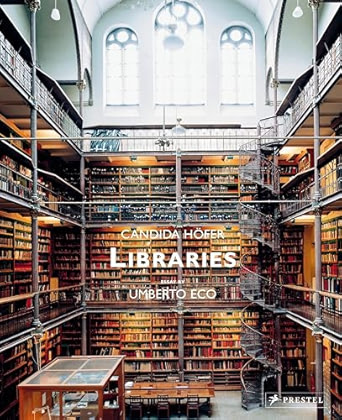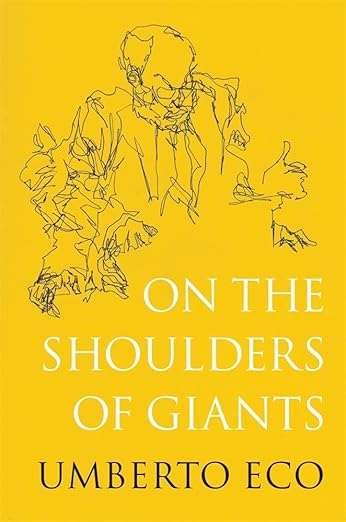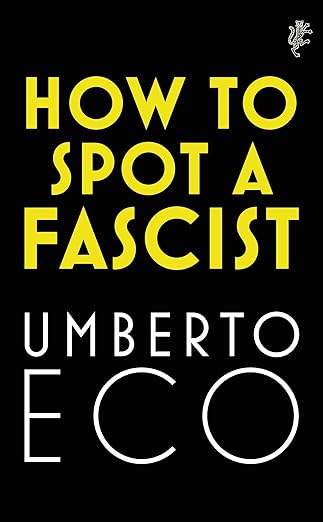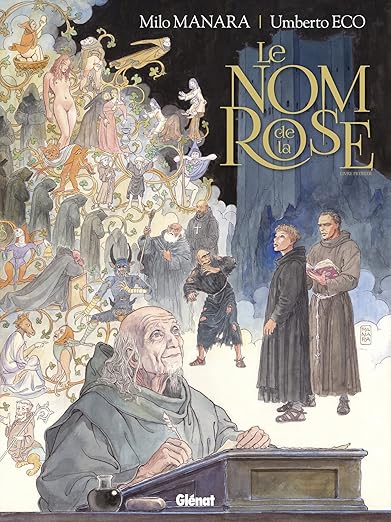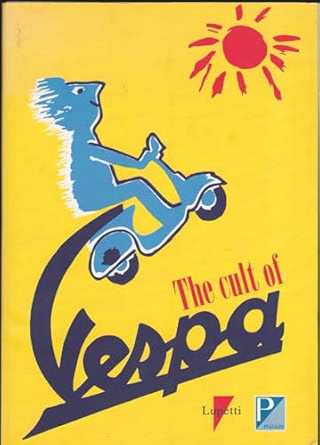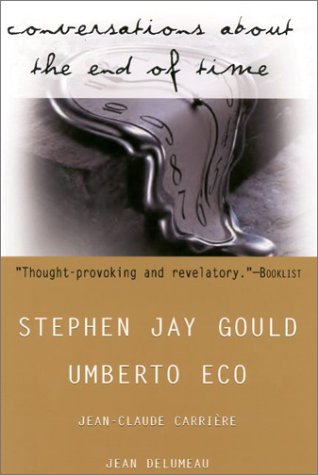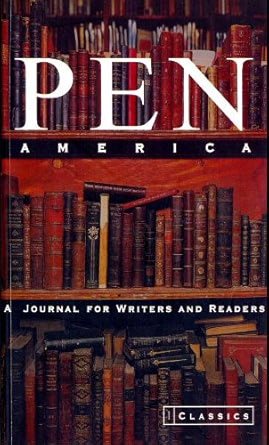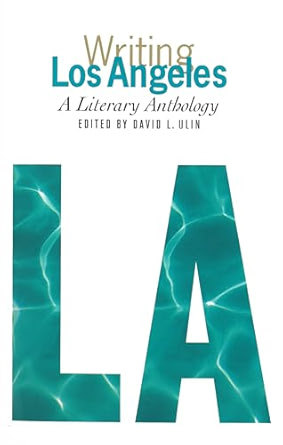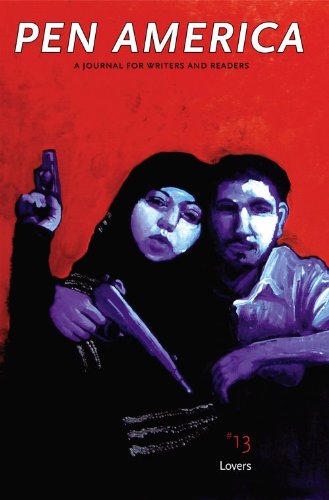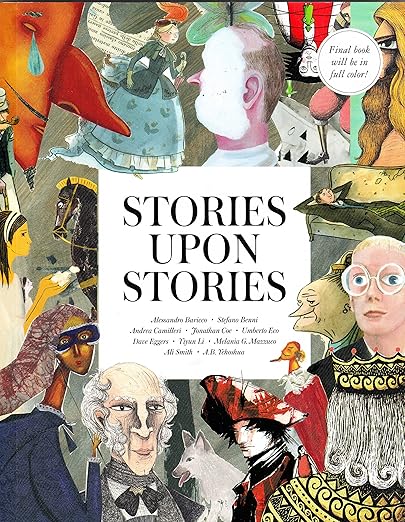Umberto Eco Books in Order
This reading order guide provides the complete list of Umberto Eco books in order, from the very first to the latest, and is always updated so you won’t miss anything!
Umberto Eco was much more than just a bestselling author — he was a scholar, philosopher, semiotician, and one of the most brilliant literary minds of the 20th century. Born on January 5, 1932, in the northern Italian town of Alessandria, Eco’s lifelong relationship with language, meaning, and story began early. He grew up in a family shaped by war — his father Giulio, originally an accountant, had served in three wars. The family name “Eco” was supposedly given to his grandfather, a foundling, and stands for ex caelis oblatus — Latin for “a gift from the heavens.” That poetic origin seems fitting for someone who would grow to redefine how the world reads fiction.
Despite his father’s wishes for him to study law, Eco followed his own path and enrolled at the University of Turin. There, he earned a degree in medieval philosophy and literature, writing a thesis on Thomas Aquinas. During his university years, he also had a major spiritual shift — leaving the Catholic Church and beginning to explore the world through a deeply rational and often ironic lens. These early philosophical influences would echo through all of his later writing, from fiction to essays.
Eco began his professional career not as a novelist, but as a thinker and academic. He taught at several universities and worked with Italy’s national broadcaster, RAI, where he became part of an avant-garde group of writers, painters, and musicians. This environment inspired his first book in 1956 — an academic extension of his thesis — and launched what would become a lifelong commitment to both teaching and writing.
In 1962, Eco married Renate Ramge, a German art teacher. Together, they had two children, and he remained deeply private about his family life. Professionally, however, his name became internationally known in 1980, when he published The Name of the Rose. This genre-bending mystery set in a 14th-century monastery combined detective fiction, medieval history, theology, and semiotics — all wrapped in Eco’s signature intellectual style. The book was an instant success, winning awards and being translated into multiple languages. In 1986, it was adapted into a film starring Sean Connery, bringing Eco’s work to an even broader audience.
Following The Name of the Rose, Eco published several other novels, including Foucault’s Pendulum, The Island of the Day Before, Baudolino, and The Prague Cemetery. Each of his books is a complex mosaic of ideas — weaving together philosophy, history, science, and myth in ways that challenge the reader while rewarding close attention. Though never easy reads, his novels are beloved for exactly that reason. They invite readers to think, question, and engage deeply with both the story and the world.
Eco’s fiction was heavily influenced by literary giants such as James Joyce and Jorge Luis Borges. Like them, Eco saw storytelling as a game, a puzzle, and a philosophical experiment all at once. But despite his towering intellect, there was always humor in his writing — a playful sense that nothing should be taken too seriously, not even ideas themselves.
Outside of fiction, Eco wrote extensively on semiotics, media, politics, and culture. He believed that stories shape how we understand reality — and that understanding stories is one of the most important things humans can do. His work continues to be studied in universities around the world, and he remains a towering figure in literary theory and cultural criticism.
In 2008, Eco retired as a professor at the University of Bologna, where he had taught for decades. He passed away on February 19, 2016, at the age of 84, after a two-year battle with pancreatic cancer. Even in death, his influence endures. His books are still read across the globe, translated into dozens of languages, and regularly recommended to those seeking something deeper in their fiction.
To read Umberto Eco is to step into a world where nothing is random, everything is layered with meaning, and every mystery is a chance to learn something new — not just about the plot, but about ourselves. Whether you’re discovering him for the first time or returning to revisit his intricate novels, one thing is certain: with Umberto Eco, you never just read. You explore, you decode, and you think.
